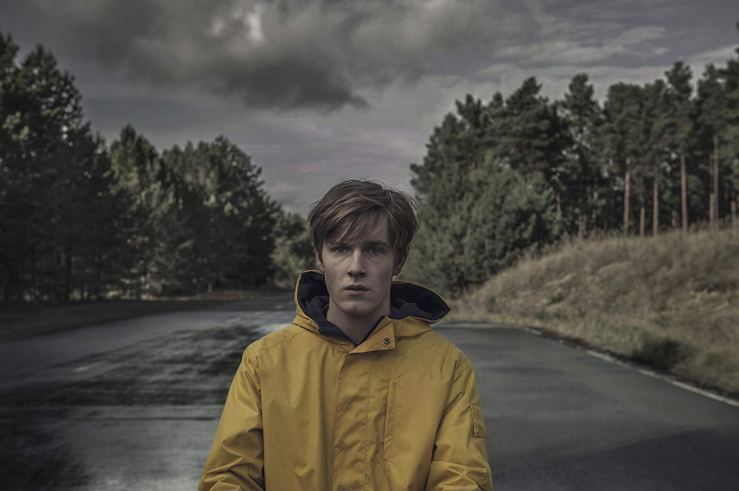It’s been a few months since Kenneth Branagh’s version of Murder on the Orient Express (based on the novel by Agatha Christie) was released, but I hadn’t started this blog yet, so I wasn’t able to fulminate in written form about the many things that film got wrong, and advocate for seeing the original instead, except to a few lucky friends and colleagues. So now’s my chance! Grab a cup of tea and settle in.
My mother and sisters took me to see the original Murder on the Orient Express (1974) at the venerable Century Theatres in South Salt Lake — not the new cinema, but the old ones, the goofy space-age-inspired dome theaters. (I love that the photo below has It’s a Mad, Mad, Mad, Mad World on the marquee. I remember being taken to see that wacky little gem as a kid as well, although since it came out in 1963 — before I was born — it must have been in re-release.)

The original Murder was directed by the masterful Sidney Lumet, and it featured what the DVD case’s tagline accurately calls “the Who’s Who in the Whodunnit”: Lauren Bacall, Ingrid Bergman, Sean Connery, John Gielgud, Anthony Perkins, Vanessa Redgrave, Michael York, and more. In the role of Hercule Poirot is the surprising choice of Albert Finney: surprising because he was a slim chap in his 30s and had to be padded and made up to look like the older, more rotund Poirot. It’s an amazing transformation, and a mesmerizing performance. He is still the definitive Poirot in my book (closely followed by the excellent David Suchet on PBS).
Which brings us to Kenneth Branagh. I often like his work, both as an actor and a director, and he wears both hats for his 2017 version of Murder. I’m still not sure what he was thinking with this portrayal of Christie’s famous Belgian detective. He looks nothing like Poirot: he is slim where he should be portly, silver-haired where he should be dark, and sports a gigantic mustache that seems to be unprecedented in the annals of male grooming. He does nail the accent, of course, as any actor trained in the rigorous English tradition would. But he can’t help but suffer in comparison to Finney. Finney’s Poirot is self-confident without being a show-off, fastidious without being effete. Branagh’s Poirot is smart, but also pretentious, sentimental, and much too athletic. (Poirot in a foot chase with a suspect? Seriously?)
The tone of Branagh’s film is needlessly dark and self-important. The original film is delightfully light and even funny, with the exception of the opening sequence, an eerie montage laying out the kidnapping case that forms the crux of the story. I found the sequence frightening as a child, and I realized later that was in large part because of the effectively chilling music. The score for the entire film is wonderful, and the composer, Richard Rodney Bennett, was rightfully nominated for an Academy Award. (The movie was nominated for six Oscars; one was won, by Ingrid Bergman for Best Actress in a Supporting Role. I feel it would have won more if it hadn’t been up against things like The Godfather Part II and Chinatown.)
A digression: here’s one of my favorite examples of how fundamental music and editing are to filmmaking. It’s a happy version of the trailer for The Shining.
Anyway, there you have it. I admit to having a sentimental attachment to this version of Murder on the Orient Express; it was a favorite of my parents, and I have fond memories of watching it with them on our huge, clunky Betamax video machine (my dad was always an early adopter when it came to technology). Please seek it out and watch it if you like mysteries.
Foscarelli: Hey, what are you reading, Mister Beddoes?
Beddoes: I am reading “Love’s Captive,” by Mrs. Arabella Richardson.
Foscarelli: Is it about sex?
Beddoes: No, it’s about 10:30, Mister Foscarelli.
— Murder on the Orient Express








